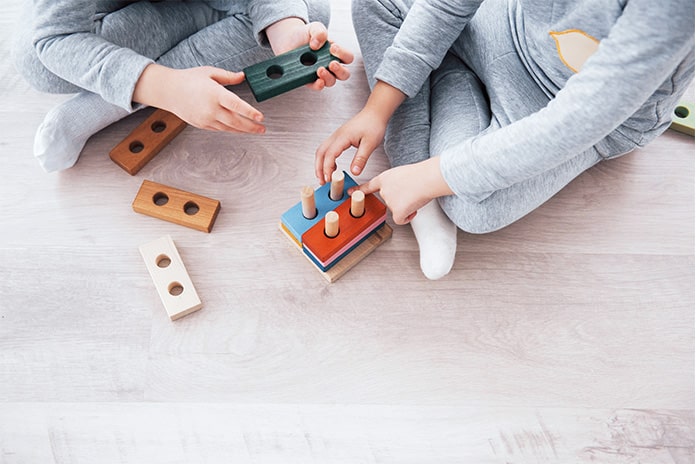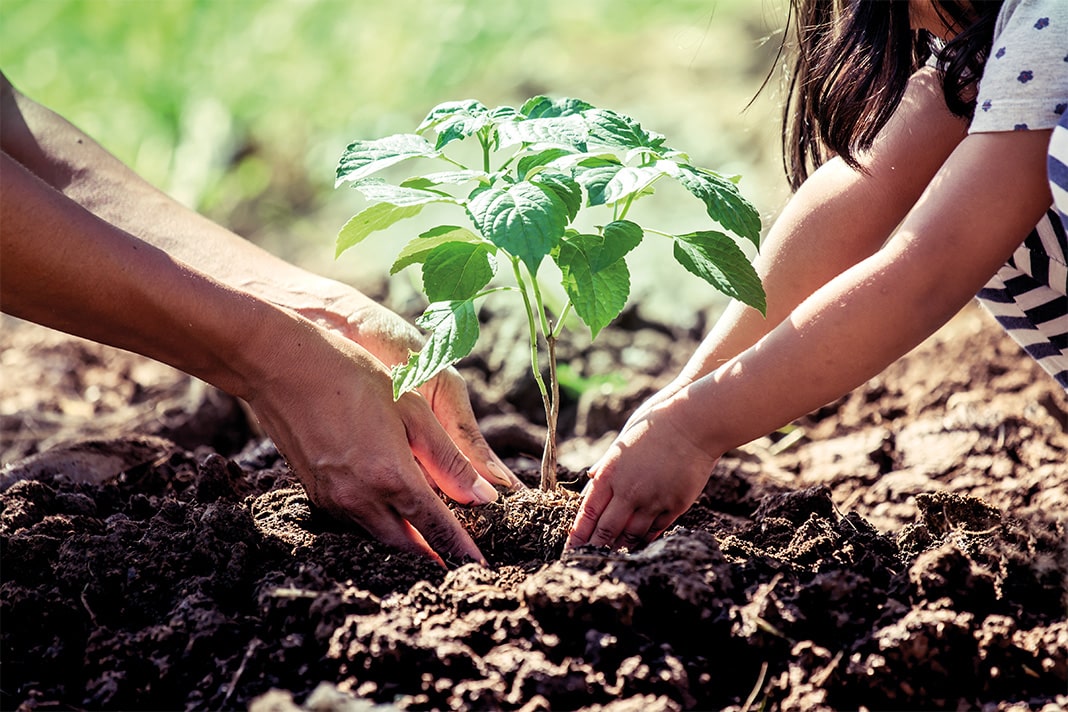Dr Sam Wass and LEGO® Juniors share advice on how productive play can benefit little ones
Here are some top tips on helping your kid learn through play…
PLAY WITH THEM
Playing with our children is, for many parents, a great pleasure. But it’s also important to remember how much children learn from these interactions. Adults naturally concentrate better, give up less easily, and are better at planning actions, and children can learn these skills from adults, just by doing things together.
LET THEM LEAD
Research suggests that children learn best in situations in which they are motivated – and the best way to ensure that is to let them choose the activity and then follow it with them to help them explore, and to get the most out of their own idea.
LEARN TO PLAY FOLLOWER-LEADER
Learn the knack of playing follower-leader. You’ll naturally be faster than your child, and better at planning in advance. But when you are playing with your child be careful not to charge ahead and finish the task yourself, leaving them demotivated. Try to follow their attention, and support them – so if they pick up a piece of a puzzle, support that by saying “I wonder where that goes”. That way they will stay interested for much longer.
SMALL STEPS
When starting school, some of the key skills that children are learning are basic self-sufficiency skills – being able to tie your own shoelaces, put your own coat on, peel your own fruit. These require what we call “fine motor skills” – the ability to do fine, precise movements with your hands. Playing with small items (such as LEGO Juniors) can be a great way to learn these skills, so don’t put the pieces in yourself; let them do it.
LET THEM MAKE MISTAKES
For example, if they’re building something with LEGO and put a piece in the wrong place it’s tempting to step in straight away and correct it. But children will learn far more if you let them make the mistake – and then, later on, go back and figure out for themselves what they’ve done wrong, and correct it.

HELP THEM VISUALISE
One skill that children find particularly hard at this age is mental rotation. So seeing a picture of something they are going to make, and then translating that into what the model looks like in real life, is much harder for a child than an adult. You can help them by making sure that the picture of what they are making is propped up, clearly visible, and at the same angle as the model they are building.
FINISH THE TASK
Children live very much in the moment – one of the key skills that is particularly challenging at this age is to complete things. It helps if they know the size of the task and roughly how long it’s going to take before they start. It can help with motivation if, when they finish the task, they have something to play with at the end – so bear that in mind when thinking about what you choose to play with them.
TEAMWORK
Most four-year-olds tend to be very much in their own world and one of the big skills that they are going to be learning over their first year at school is getting to know other children. Teamwork is something that all young children find challenging so don’t worry if they find it hard to start with.
KEEP IT SIMPLE
Simple tasks can be a good way to encourage young children to play together. Something easy, like a painting that they have to do together on a single sheet of paper, can be a great way to encourage cooperation.
BE PATIENT
For many four year-olds, sharing toys can be something that they find easy to do when they are in a good mood, but impossible otherwise. Rather than telling them off for not sharing, it can be more helpful to help them to understand their own bad mood, by saying: “I know that you’re upset, or angry, but…” Understanding their own emotions is something that almost all young children find challenging, so supporting them in learning about this is particularly crucial.






COMMENTS ARE OFF THIS POST